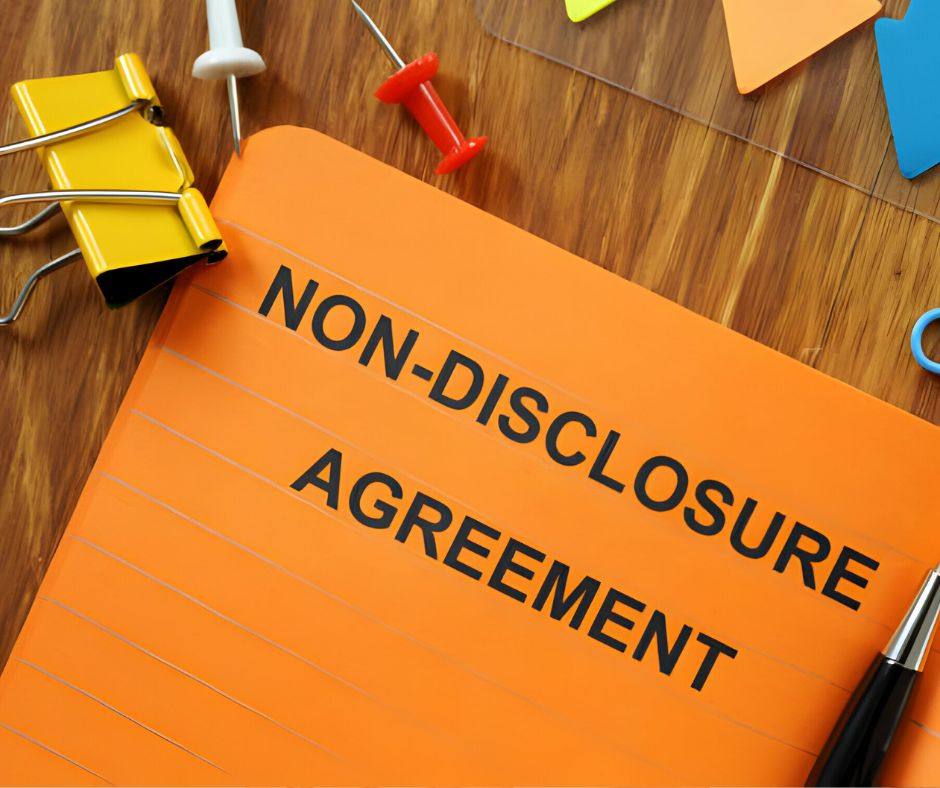
The simplest answer to this question is maybe. Your ability to break a non-disclosure agreement (NDA) with your employer depends on the terms of your agreement, what you want to disclose, how you plan to disclose, and the laws applicable to your disclosure. If you are facing concerns about non-disclosure agreements and whistleblowing, you should not take action without the guidance of an attorney. The whistleblower attorneys from King & Siegel LLP are some of your best options when you are contemplating whistleblowing. We have top-level experience and tailor our strategies to every client’s specific circumstances.
Could You Be a Whistleblower?
A whistleblower is an employee or worker for a business, agency, or organization who alerts authorities (inside or outside of the workplace) about an employer’s violation of the law. If you have noticed one of the following violations at work and feel compelled to disclose it to someone who can correct it, you might be a whistleblower:
- Violations of tax laws;
- Workplace discrimination;
- Violations of securities laws;
- Safety violations; or
- Violations of local, state, or federal laws.
Federal and state policies encourage whistleblowers to come forward with information that can protect the public, so there are several protections for whistleblowers who follow protocol.
Whistleblower Protections and Benefits
Some unethical employers seek to deter or punish whistleblowing by taking or threatening adverse actions against whistleblowers, such as:
- Job termination,
- Demotion,
- Harassment,
- Pay cuts,
- Exclusion from work opportunities, or
- Denial of work benefits.
These actions by an employer are often illegal, and whistleblowers can seek legal remedies if their employers retaliate in these ways.
The following are whistleblower protections that prevent employer retaliation or compensate whistleblowers for taking a stand:
- The IRS Whistleblower Office pays those who report tax crimes between 15% and 30% of the money recovered by the whistleblower’s reporting;
- The Whistleblower Protection Act forbids executive-branch employers from retaliating against employees who reveal misconduct;
- California Labor Code Section 1102.5 prohibits employer retaliation against employees who report statutory or regulatory violations committed by their employers;
- The Dodd-Frank Wall Street Reform and Consumer Protection Act outlaws retaliation against employees who expose federal securities law violations; and
- The False Claims Act allows employees and workers to recoup a share of the winnings when they lead the charge in suing an employer for committing fraud on the U.S. government.
You may not be able to enjoy the rewards and safeguards of the above laws if your whistleblowing doesn’t follow protocol. You will likely need to have a reasonable belief that there was misconduct and limit your disclosure to government officials or workplace authority figures to be protected by the law. If you signed an NDA, your whistleblower actions will likely have to be carefully tailored.
How Do Non-Disclosure Agreements Affect Whistleblowing?
Before, during, or after your employment, your employer might require you to sign an NDA to obtain work benefits. NDAs come in several forms, including:
- Non-disparagement agreements—these agreements often forbid employees from speaking negatively about their employers, regardless of whether they are still working for that employer;
- Confidentiality agreements—these agreements might prevent an employee from discussing proprietary information or trade secrets of their employer, such as formulas, client lists, or other confidential information; and
- Waivers of rights—these agreements might require an employee to give up the right to make legal claims in exchange for a severance payment, a settlement payout, or employment benefits.
An employer might present you with one of the above agreements before it offers you a job, a severance upon termination, or a settlement.
Threats of Legal Action
If you engage in whistleblowing activity, an employer might threaten a lawsuit and argue that your disclosure violates your contractual duty to keep information confidential or not speak negatively about the business. An employer might also argue you have waived your right to blow the whistle or file a lawsuit based on whistleblower retaliation. In many cases, these employer arguments are untrue.
Protection from NDA Terms
Various whistleblower laws protect employees who have signed non-disclosure agreements and find whistleblowing necessary to right the wrongs of their employers. For instance, California law deems unenforceable NDAs that require employees to keep quiet about harassment, discrimination, or unlawful workplace activity. Under the Code of Federal Regulations, employers cannot use certain NDAs to keep employees from speaking to the Securities Exchange Commission (SEC) about securities law violations. Also, the Whistleblower Protection Enhancement Act of 2012 forbids NDAs from employers in the federal executive branch that prohibit appropriate whistleblower activity. Appropriate whistleblower activity can include disclosing nothing more than the information necessary to alert the proper authorities.
Please note that whistleblower protections from NDA terms are not absolute and do not apply in every situation. To avoid hefty civil or criminal penalties for whistleblowing, you should speak to an experienced and knowledgeable attorney about your concerns.
Why Contact an Attorney?
Navigating NDAs and the multiple whistleblower laws can be tricky business. While your reporting could be protected, reporting too much might unlawfully reveal trade secrets or classified information. An unlawful disclosure could make you liable for civil damages or subject to criminal punishment. You might have no protection under whistleblower laws if you don’t report to the proper authorities, such as a relevant government agency or a workplace individual who can address the misconduct. Consulting an attorney can help ensure your disclosure is protected and proper.
King & Siegel LLP Can Provide You with Peace of Mind and Guidance
Revealing anyone’s misdeeds can be a challenging undertaking. Exposure is also challenging when it might jeopardize your professional well-being. At King & Siegel, we provide clients with the best representation and the assertive advocacy necessary to shield whistleblowers from mistreatment. We trained at the top schools and firms, are award-winning lawyers, and have recovered millions for our clients. You can call or contact us on our website to schedule a free consultation.

